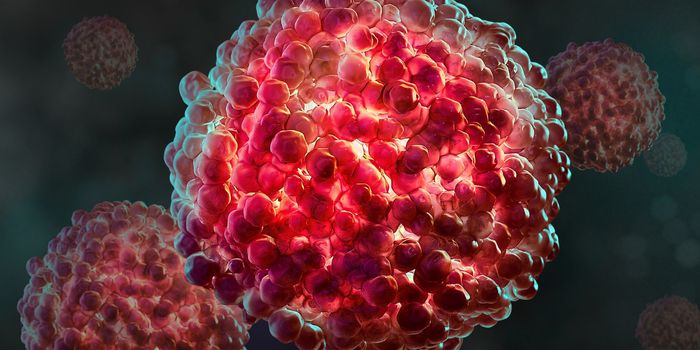Rheumatoid Arthritis and Cardiovascular Disease: A Molecular Link for Dual-Benefit Treatments Discovered
A recent study in Nature Communications has discovered a chemical signal with the potential to improve treatments for both Rheumatoid arthritis (RA) and cardiovascular disease.
Understanding Chronic Inflammation:
Chronic inflammation is a prominent symptom of various diseases. It's characterized as a prolonged immune response triggered by abnormal reactions to environmental factors. During chronic inflammation, macrophage immune cells infiltrate and persist at the site of inflammation. They emit cytokines, enzymes, and growth factors, which cause tissue damage over time.
To combat chronic inflammation, scientists need to fully understand why the body struggles to resolve the inflammatory response and what cellular messages could help change the activity of inflammatory immune cells.
Rheumatoid Arthritis and Cardiovascular Disease: Interconnected Disorders
Other diseases often accompany chronic inflammation. Those suffering from the joint inflammatory disease rheumatoid arthritis are twice as likely to develop cardiovascular diseases such as atherosclerosis – the hardening of arteries. With the knowledge that macrophages are central in both RA and atherosclerosis, researchers from Queen Mary University, London, sought to identify chemical signals that could change macrophage activity.
Natural Protective Mediators: Resolvins
Resolvins are a common metabolite of omega-3 fatty acids. They have emerged as critical players in immune response and heart disease. Resolvins prompt immune cells to cease their inflammation response, regulate cytokines, and affect the behavior of immune cells like leukocytes and macrophages. Despite significant progress, some resolvins and their receptors remain unidentified.
The Study: RvT4 and its Impact
In a mouse model designed to mimic arthritis, the RvT4 resolvin molecule was crucial in altering how macrophages operate. Treatment with RvT4 specifically caused macrophages to dump their excess stores of lipids and start cleaning dead and dying cells from inflammation sites and arteries. As a result, treatment with RvT4 led to a significant decrease in inflammation and signs of vascular disease.
Findings and Implications
This study identified an important signal that can influence the activity of a sometimes-problematic immune cell. Senior author of the paper, Professor Jesmond Dalli explains that "RvT4 restores the biological activities of lipid loaded macrophages by promoting lipid breakdown and efflux from the cells, an observation that can guide the development of new treatments to limit the incidence and/or severity of cardiovascular disease in patients with RA" (via EurekAlert!). The positive impact of RvT4 on both RA and cardiovascular health opens avenues for dual-benefit treatments, offering hope to those grappling with these conditions.
Sources: Nature Communications, International Journal of Molecular Science, Frontiers in Immunology, EurekAlert!









